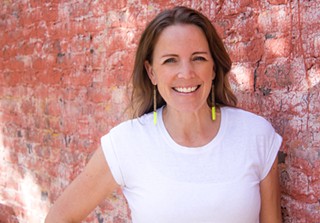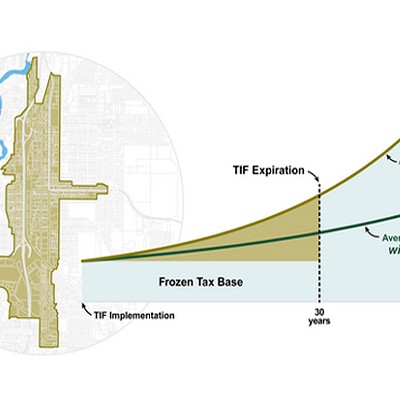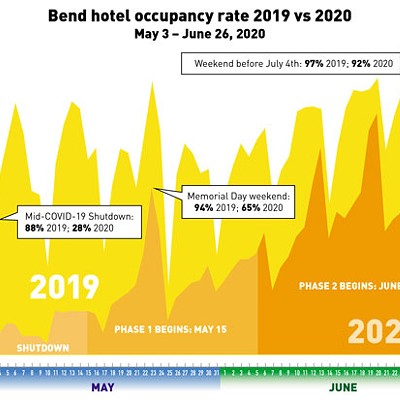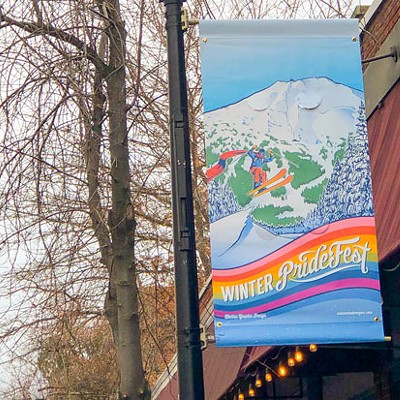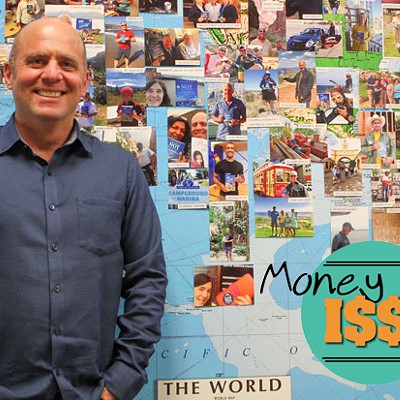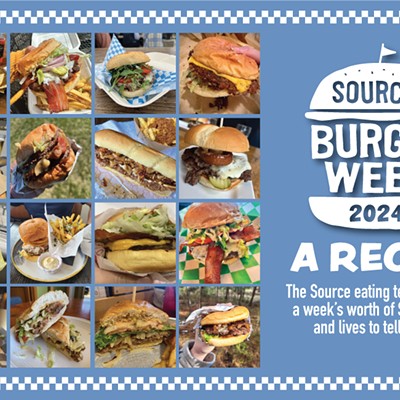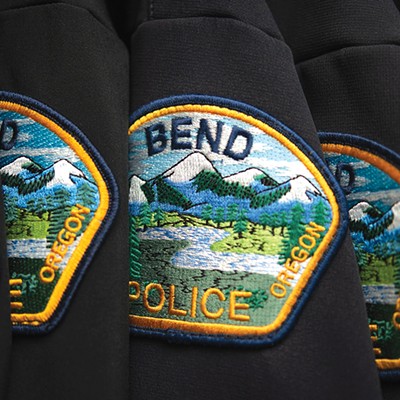You've likely heard some of the doom and gloom: 40% of Americans don't have $400 cash on hand to pay for an emergency expense, says the Federal Reserve. In 2019, 69% of respondents in a GoBankingRates poll reported having less than $1,000 in a savings account, compared with 58% in 2018. Many average Americans are underwater and owe more than they own (see this week's "Poverty with a View?" story).
Here's another one: 23% of Americans put ZERO percent of their paychecks into savings, according to a 2019 survey from First National Bank of Omaha.
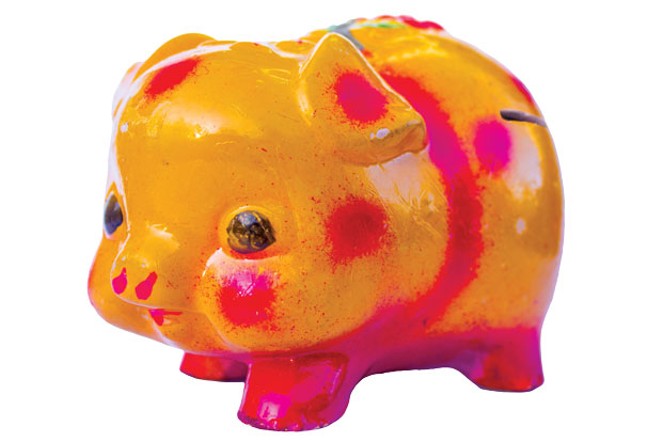
If you fall into one of those categories, don't despair. I'm here to tell you that you can do a lot better than zero, even if you don't think you can.
As a single parent who's chosen, well, one of the "less lucrative" careers out there, I was one of all of the above during at least some period in my life. And with two college degrees under my financial belt, paying for said degrees still hits hard every month. At some points, putting even $10 away seemed tough, and I know that's the case for many working adults who live paycheck to paycheck. But somewhere along the way, I got serious about putting money away. Even putting $10 away each month is progress.
It wasn't easy, yet learning from others around me, I found something that worked: Start a savings (or in my case, investment) account and then make it hard for yourself to draw from the account. One friend, Andy, told me long ago about cutting up the debit card associated with his savings account so he can't access it. Some, like me, also choose accounts that take up to 10 days to withdraw from. It's not the method to use if you're working on getting up to that $400 in emergency savings that you might need to access in a hurry, but more of a way to really see yourself stacking up some cash for the future. (To get to the $400-in-cash mark, I bought a piggy bank that has to be broken to get the cash out of it—literally a "break the bank" tactic.)
By adding savings to my budget—and then actually sitting down and budgeting every single month—I went from eking out a few bucks a month, to putting away several hundred a month within a year. It's still not enough, according to financial planners looking at my retirement prospects, but it's more than zero. What amazed me most was that by writing down all of my expenses, including the savings, and then paying those things before I had the chance to spend my money on anything else, I found that I actually had more money left over than I thought—so then I started adding more to the savings.
At some points, putting even $10 away seemed tough, and I know that’s the case for many working adults who live paycheck to paycheck.
tweet this
While none of my tactics will be ground-breaking for people who are already financially secure and savvy, they're rock-bottom basics I had to learn.
I also asked some locals to share the tricks they employ to ensure they're saving money every month:
Ryan, Engineer
"We all could be better at savings; nonetheless, what has worked for us is keeping an eye on our overall goals. Whenever discussing money or budget, start with reviewing your long-term goals and the decisions to save versus spend become much more focused. This is as true at home as it is for making business decisions."
AJ, Nurse
"I save for retirement and have it auto withdrawn from my paychecks, so I never see it and take advantage of the tax savings. I put the maximum in that my company matches plus a 1% increase every year automatically. I also utilize a healthcare savings account that I contribute to, and my employer does, too. Whatever I don't use rolls over to the next year. In addition, I use my tax refund for unexpected expenses that come up throughout the year."
Joe, Teacher
"I'm terrible at saving money. My best 'saving' habit is to have some of my paycheck deposited directly to a savings account. Also, grocery shopping and meal planning so I don't eat out too much helps."
Carla, Retired Teacher
"We hired a financial advisor to help keep our finances on track. Our financial plan consisted of automatic monthly installments directly deposited into our savings accounts."
Ashley, State Government Employee and Landlord
"One thing that I do is take out the max amount possible pre-tax for child care. I submit all my child care receipts at the same time. Then I do a happy dance that I managed to save $5,000 without even trying.
"We also do what Andy does with one of our checking accounts. We pay our mortgage for one of our rentals out of that account and deposit the rent checks there. We make sure to not carry the debit card and we don't touch the account except for that purpose. By the end of the year, we have saved another $6,000 (if all goes well).
"So that's my lazy way of saving about $11,000 a year."
Risha, Farmer
"The primary way that I save money is by needing less or doing without. I also save by generating what I need on the land that I have to work with or in community. I make various things (canned goods, saved seed, plants, tinctures, wine, cider, vinegar, etc.) that I can trade with others or use to generate money.
"All of these things also make nice gifts for friends and family, so I don't tend to purchase gifts. Growing my own food saves money. Building community helps me save money since I have many people that have a variety of skills that I can trade things with. By having the skills to be able to fix things or make things, I can save from having to buy things or pay for that skill.
"We save money by designing our lives to use a bicycle as much as possible, limiting our investment in fossil fuels and car maintenance. When we do use the car, we make sure that we do multiple things in that trip.
"I also save money by hiding it from myself. When I put my winter clothes away for the summer, I tuck money into the pockets. I do the same with my summer clothes when they go away for the winter.
"Having a cash-based business also helps. During nursery season, I rarely take money out of my bank account, only when I need to keep track of business write-offs."

